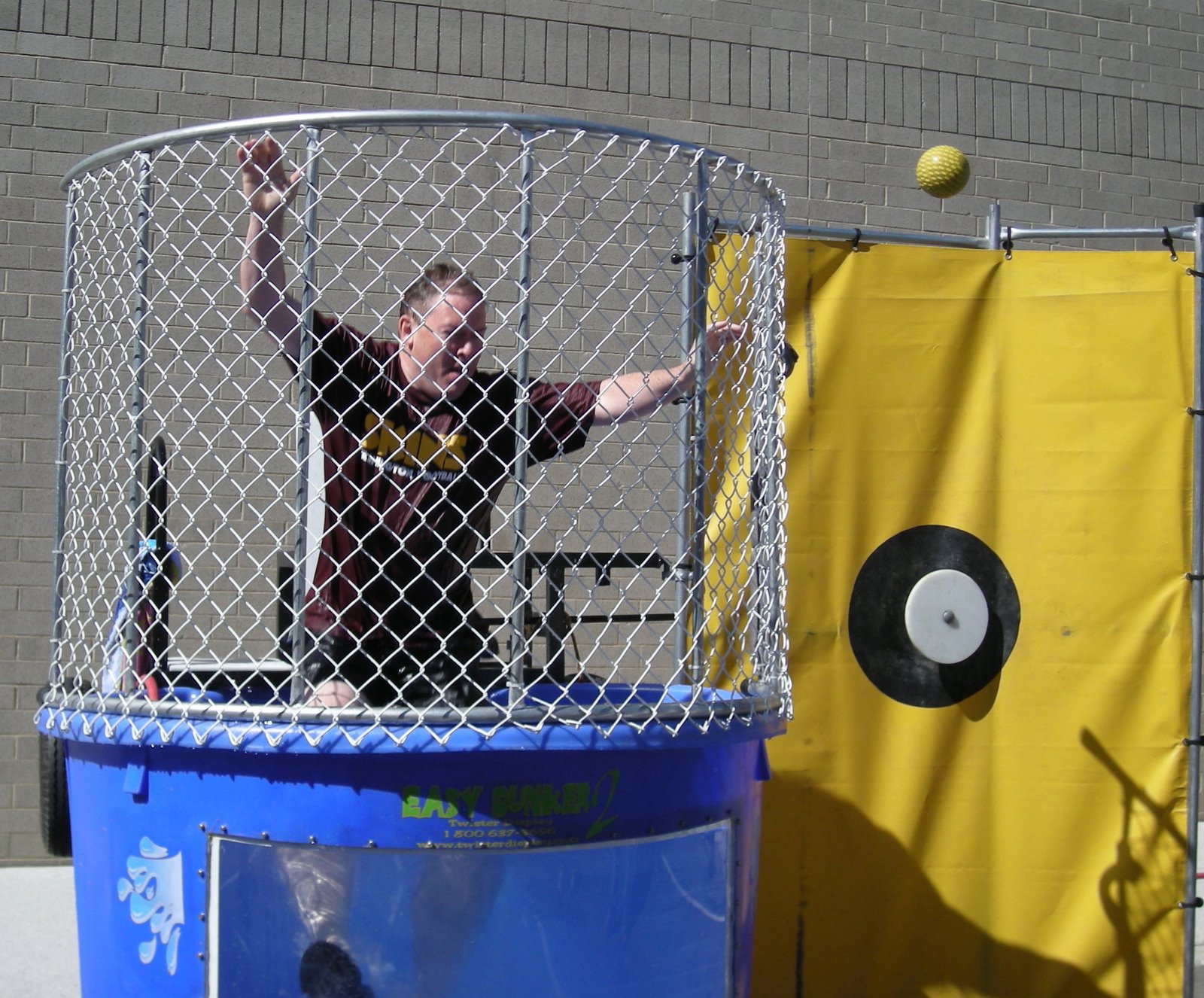Yes, it’s that time of year again when parents are about to receive report cards from teachers to help them gauge the progress of their children. As you probably know, this can be a very anxious time for both students and parents.
“Report cards are a big part of a student's academic career. They're the yardstick by which students measure their successes and failures, and because you're dealing with children, many of them measure their self worth by their own report cards. So, it's clear that having open and free communications with your child about their report cards is essential to their continued success and scholastic happiness.”
(The Learning Hub Website)
Parents often ask me how they should use the information provided on report cards to help their child improve their performance in school. What are some strategies to use to connect with their children in a meaningful way? Here is some of the information I have gathered:
The day the report card comes home:
STOP whatever you are doing. Your child deserves your time, respect, trust, and love. They need frequent, meaningful, undivided attention from you. Your child should be aware of your love and they should not fear sharing their report card with you.
LOOK at your child's report card. Help your child to: find something to be proud of; accept and identify strengths and weaknesses; develop personal goals; internalize an "I can do it!" attitude; and to identify new skills to learn.
LISTEN to what your child has to say. Asking open-ended questions will help start a conversation with your child. Here are some examples: What part of this report card are you most proud of? Why? What part of this report card surprised you most? Why? What do you plan to do differently during the next marking period? How can I help you as a parent? (adapted from an HCPSS Publication)
RESET EXPECTATIONS
One way you can ease the pressure on your child is by letting them know what you expect. All A's on a report card is not a practical or reasonable goal in most cases, so be kind to your child and set realistic targets that they can meet and maybe even exceed. A student's report card is only one way to gauge their progress, meeting and exceeding goals is another way that can lessen any feelings of failure and can reinforce feelings of success.
After the report card has been fully reviewed:
ESTABLISH GOALS
Setting goals for your child's academic success works hand in hand with setting expectations, but it takes it one step further. When you establish what you expect your child to do, you are laying out your part of the bargain. When you and your child decide together what they will aim to accomplish by the next report card, you are setting goals. Having clear goals lets your child be involved in the process, increasing their interest level and maximizing their outlook for success.
TO REWARD OR NOT
Rewards are essential to your child's continued top-notch performance. But rewards do not need to be monetary, or even tangible. Heap praise on a child who has raised their grade point average, cook them their favorite dinner, or ease up on chores for the week.
There are a lot of ways to reinforce your child's success including but not limited to money or presents. But all positive achievements by your child should be reinforced in some way. A sincere "Great Job!" can mean a lot to a child.
DEALING WITH DISAPPOINTING RESULTS
If your child doesn't perform as well as you'd like on their report cards, it's up to you, as the parent, to discover why. Your child may be facing a different grading scale than they had in the past and this may affect their overall results. They may be going through some personal issues and as a result not completing work and/or not handing it into the teacher for a grade. Or the subject could have gotten more difficult to comprehend. Whatever the reason, I encourage parents to contact their child’s teacher(s) and the school counselor to find out why your child is not performing as well as you had hoped. In addition, I would review your child’s homework routine to ensure that the following are in place:
- A comfortable place to work free from distractions
- School supplies are plentiful and available
- An established time for homework is agreed upon and enforced
- An adult is available to help when needed…preferably a parent
- Encouragement and support are provided consistently
What other advice do you have for parents
with regards to report cards?
with regards to report cards?



















No comments:
Post a Comment